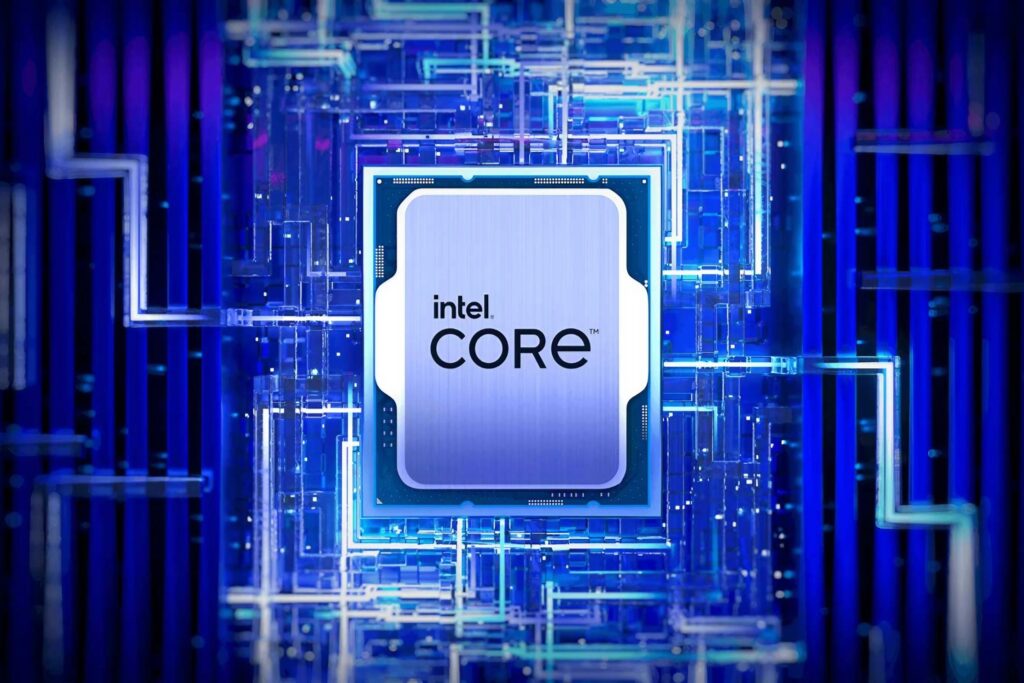In the fast-paced world of technology, central processing units (CPUs) play a crucial role in powering our devices and enabling seamless digital experiences. These tiny silicon powerhouses are at the heart of every computer, smartphone, and smart device, making them an essential component of modern life.
However, recent concerns have arisen regarding the security and performance of Intel CPUs. In this blog, we will delve into the intricacies of these issues, exploring the phenomenon of password leakage and its impact on performance, while also shedding light on Intel’s efforts to address these challenges.
What’s the Update?
Imagine the CPU as the brain of your computer – it’s responsible for executing tasks, processing data, and managing the various operations that keep your device running smoothly. Intel, a titan in the semiconductor industry, has been a major player in shaping the evolution of CPUs over the years.
Their processors have been powering computers for decades, bringing us incredible speed and efficiency gains. However, recent revelations have unveiled a disconcerting flaw in these seemingly flawless machines.
CPU Fundamentals: A Layman’s Overview
Before we delve into the intricacies of password leakage and performance issues, let’s take a moment to understand some basic CPU fundamentals.
It receives instructions from software and applications and orchestrates the execution of these instructions. The CPU’s core mission is to crunch numbers, process data, and handle various tasks that enable your device to function.

Understanding Password Leakage
In the digital realm, the security of our personal information is paramount.
When you enter a password or sensitive data on your device, you expect it to remain confidential. However, vulnerabilities in Intel CPUs have raised concerns about the potential for passwords to be leaked during certain operations.
The crux of the issue lies in a process known as “speculative execution.” To enhance performance, CPUs predict and execute instructions ahead of time. This predictive approach, while boosting speed, can lead to a scenario where sensitive information, such as passwords, gets exposed to potential attackers.
Speed Bumps and Intel CPUs
Besides password worries, there’s another hiccup for Intel CPUs: they slow down sometimes. In today’s world, we want devices to be super fast – for games, videos, and more.
But fixing the problems in CPUs can sometimes make things slower. This might not be a big deal for regular folks, but industries that need fast computers, like science or banking, could feel the pinch.
When Intel finds issues, they release patches. These patches help protect your data, but they might also make your device a bit sluggish. For everyday use, you might not notice much, but for big businesses, it can be a headache.
Why Do These Problems Happen?
It’s all about how CPUs are built. To make them super fast, they’ve become really complex. But sometimes, this fancy design can open doors for hackers. Two big problems, called Meltdown and Spectre, showed just how tricky it is to balance speed and safety.
Meltdown lets folks get into a computer’s memory and grab secret stuff. Spectre used that speed-up prediction trick to peek at data it shouldn’t. These problems didn’t just hit Intel CPUs – they affected lots of different ones, too.
Real-Life Trouble
These issues don’t stay in the tech world – they spill out into real life. Hackers can use these flaws to steal your info or mess with your stuff. Just think of someone getting into your bank account or reading your private messages. That’s a nightmare scenario!
And when patches come out to fix these problems, things can slow down. For big companies, this can mean losing money and time. Imagine if an important financial transaction takes longer or if a scientist’s research is delayed because their computer is acting up.
Intel’s Plan to Protect
Intel isn’t just sitting around – they’re working hard to make things better. They’re teaming up with smart people who know about these issues. They’re designing solutions to fix the problems and keep your info safe without making things too slow.
Intel is also changing the way its CPUs are built to make them stronger against attacks. They’re also fine-tuning software to balance security and speed better.
What’s Next?
As technology moves ahead, there’s hope for fixing these issues. Smart folks are exploring new ways to build CPUs that can handle instructions without the risks. Quantum computing, a whole new way of doing math, might also help. But remember, these ideas are still in the early stages.
The Bottom Line
Intel CPUs are famous for being fast and powerful. But recent discoveries about passwords and performance have shown that even the smartest tech has its flaws. Luckily, the tech world isn’t giving up. Intel and others are working to keep your data safe and your devices speedy.
In the meantime, you can play a part too. Keep your software updated, stay informed about patches, and follow good online practices. With teamwork between tech experts and users, the future of CPUs looks promising – where they’re not only powerful but also top-notch protectors of your digital world.



